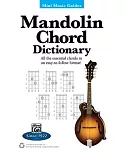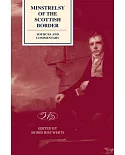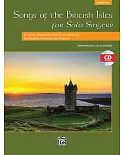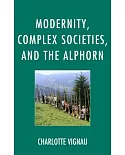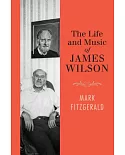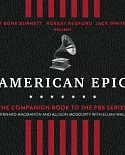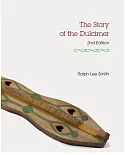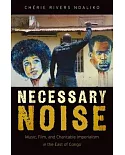Folk music has long played a vital role in supporting reform movements in the United States. Radical activists, seeking to counter a variety of abuses in mid-to-late 20th century America, often
used music to express their hopes, aims, and goals. In "To Everything There Is a Season": Pete Seeger and the Power of Song, Allan Winkler describes how folk singer Pete Seeger applied his
musical talents to improve conditions for less fortunate people everywhere. This book uses Seeger's long life and wonderful songs to reflect on the important role folk music played in various
protest movements and to answer such fundamental questions as: What was the source of Seeger's appeal? How did he capture the attention and affection of people around the world? And why is song
such a powerful medium?
For over half of a century, Pete Seeger's life and music cut across the major issues of the day. A tireless supporter of union organization in the 1930s and 1940s, he joined the Communist
Party, performing his songs with banjo and guitar accompaniment to promote worker solidarity. He sang out against American involvement in World War II in the early 1940s, only to change his
tune after the Japanese attack on Pearl Harbor. He enlisted in the Army and, still singing, served overseas in the South Pacific. In the 1950s, he found himself under attack during the Red
Scare for his radical past. He narrowly escaped a long jail term for refusing to cooperate with the House Committee on Un-American Activities, when his contempt conviction was thrown out on a
technicality. In the 1960s, he became the minstrel of the civil rights movement, focusing its energy with songs that inspired protestors and challenged the nation's patterns of racial
discrimination. Toward the end of the decade, he turned his musical talents to resisting the war in Vietnam, and again drew fire from those who attacked his dissent as treason. Finally, in the
1970s, he lent his voice to the growing environmental movement by leading the drive to clean up the Hudson River, which flowed almost literally through his backyard in New York State. His life
reflected the turbulence of his times as his songs sounded the spirit of the issues that he felt mattered most.
A sample of Seeger's music accompanies this book. Songs include "If I Had a Hammer," with its call to confront injustice; "Where Have all the Flowers Gone?" and its lyrical appeal to stop the
cycle of war; and "We Shall Overcome," the standard hymn of the struggle for freedom. Richly researched and crisply written, Allan Winkler provides a gripping account of the power of Pete
Seeger's songs in promoting a better world for us all.




